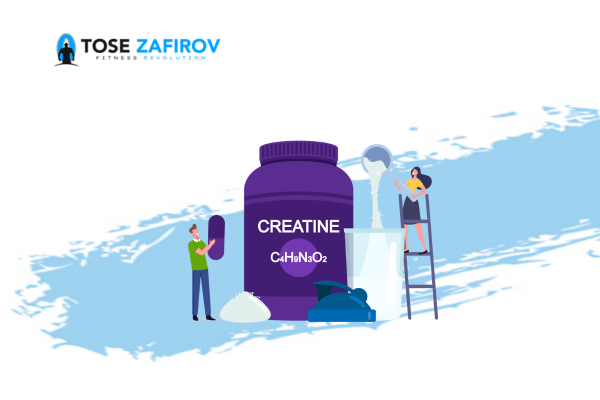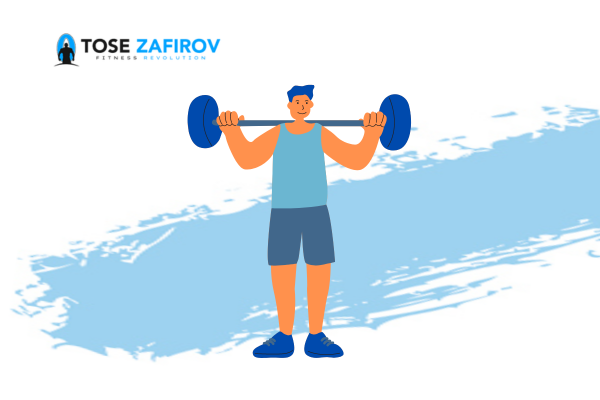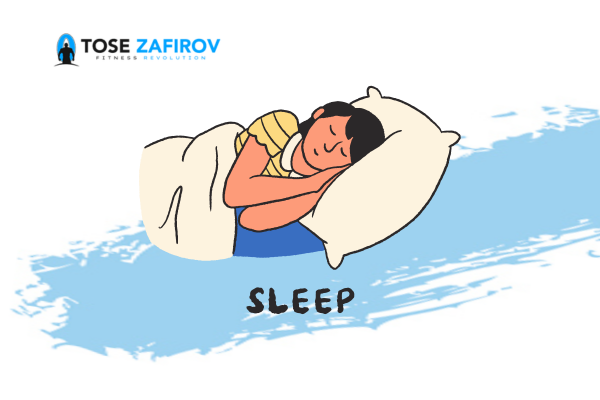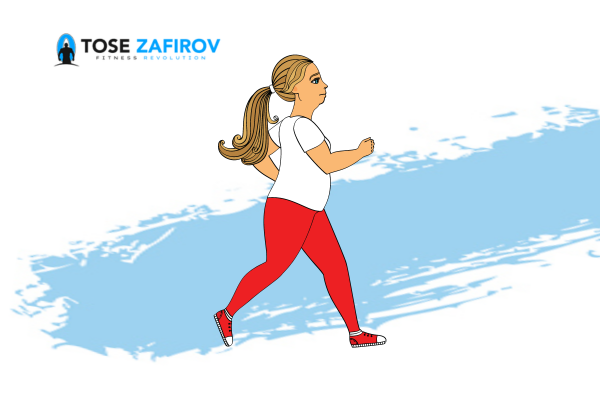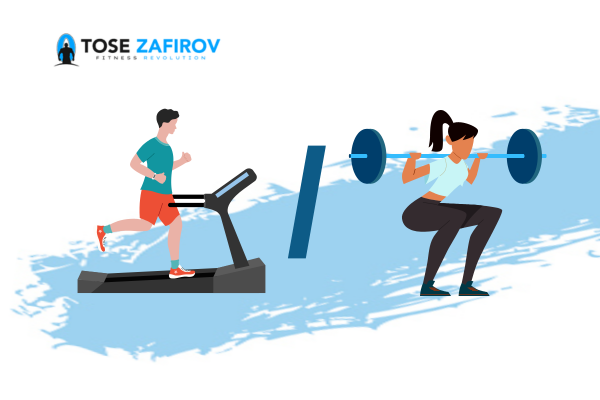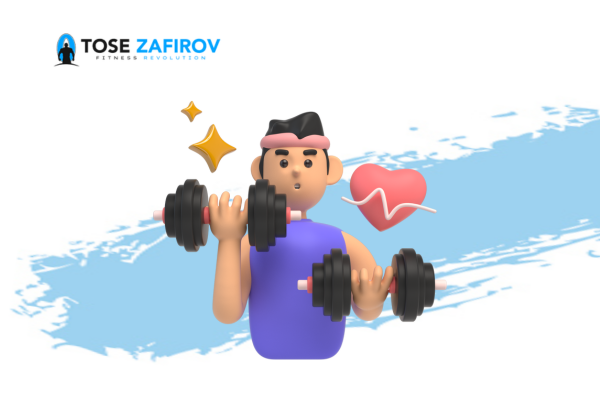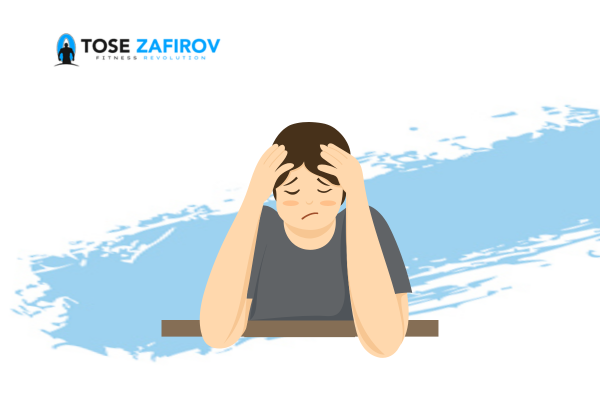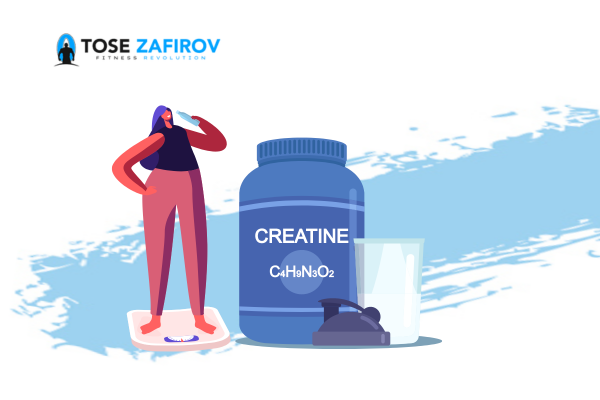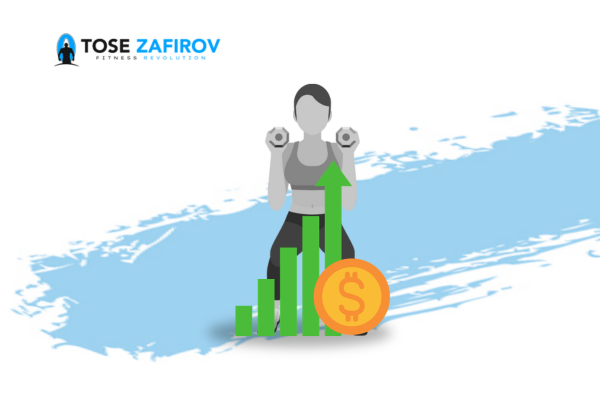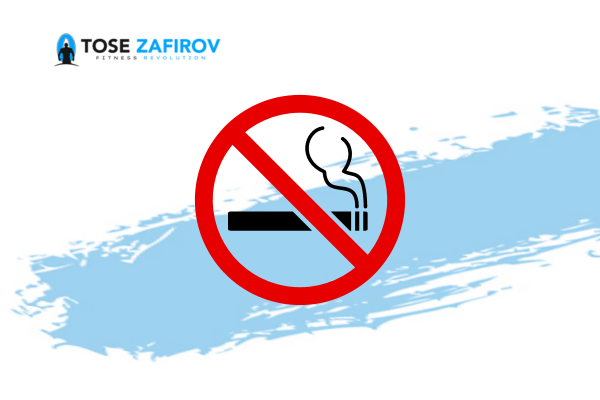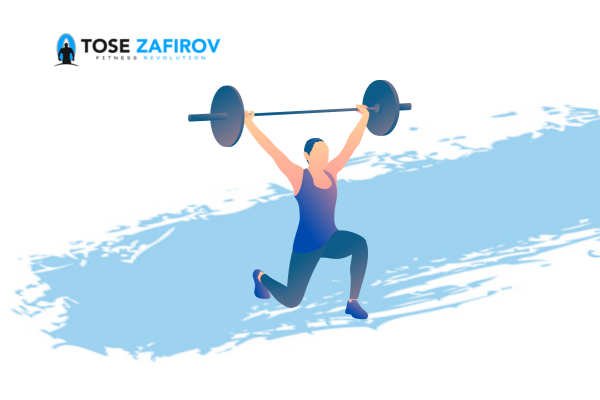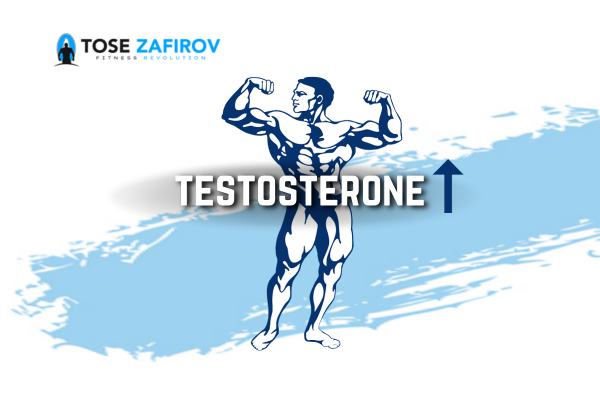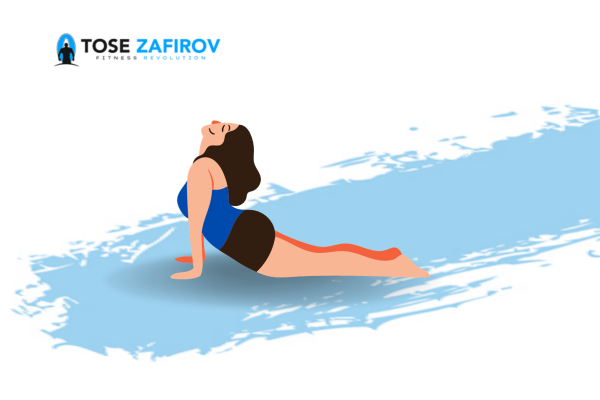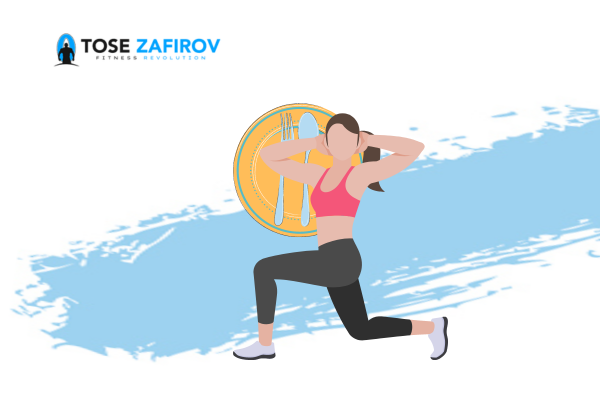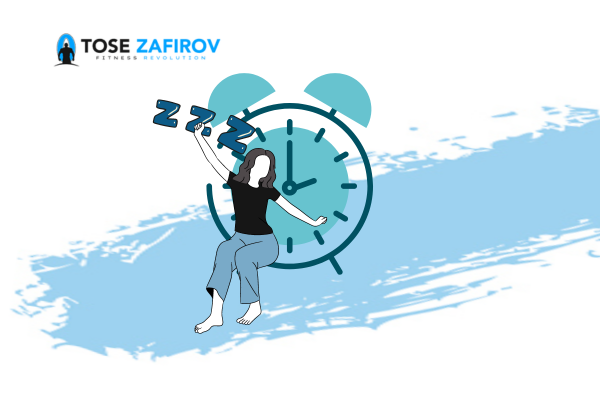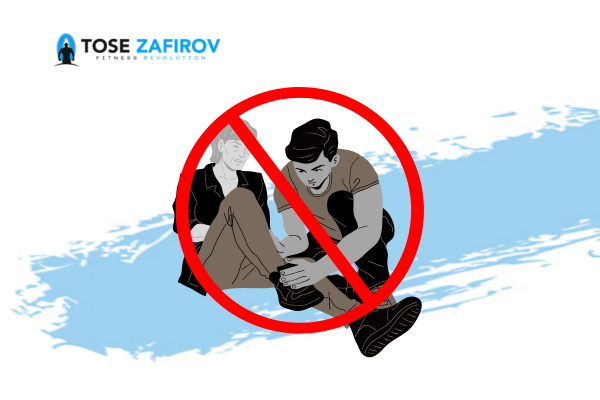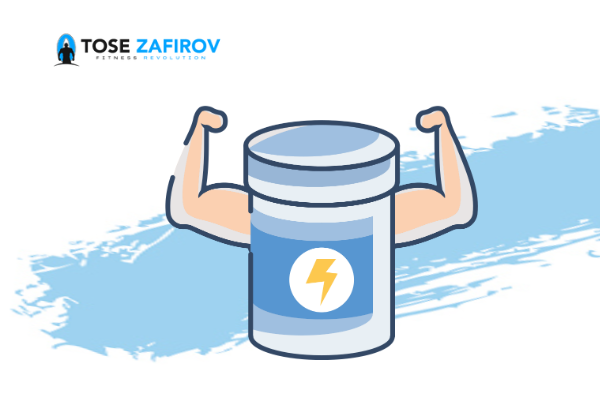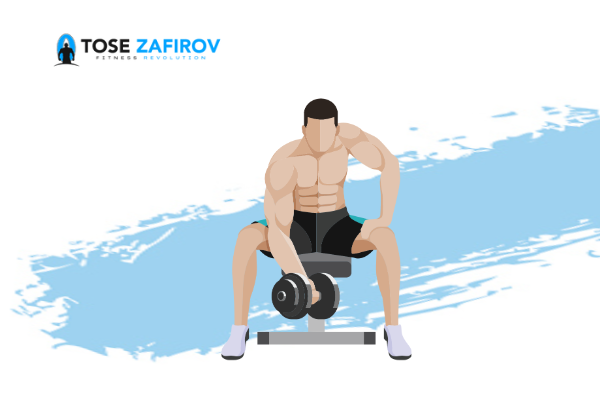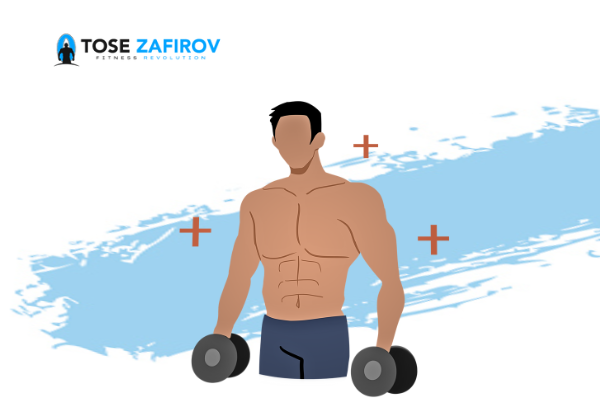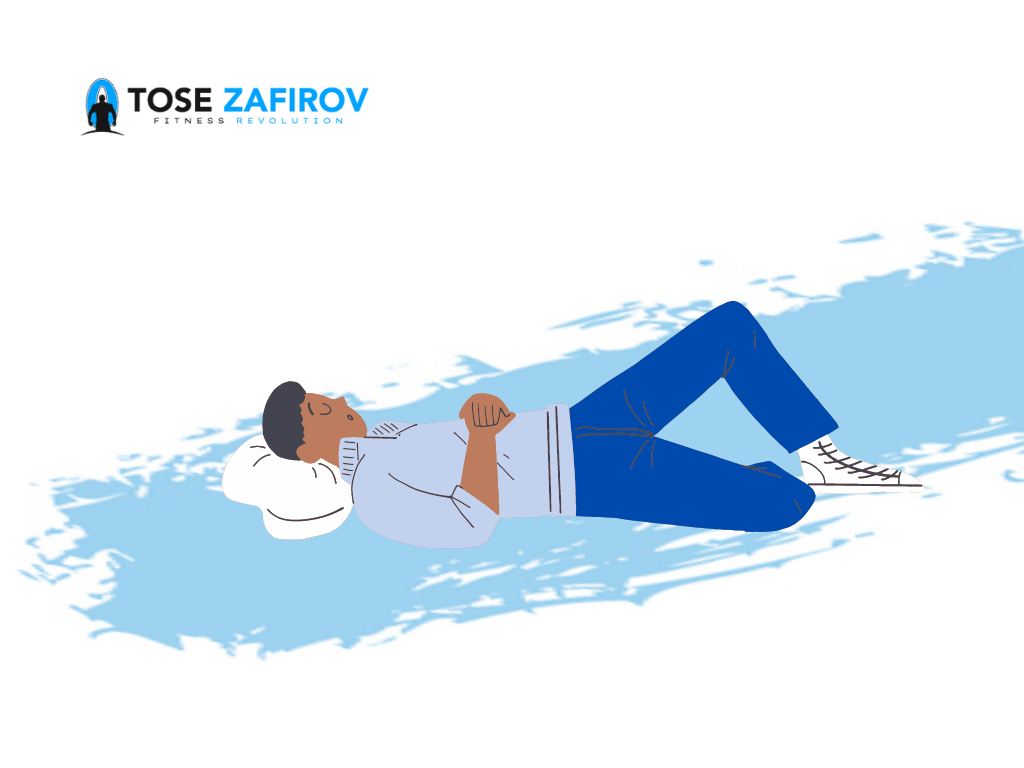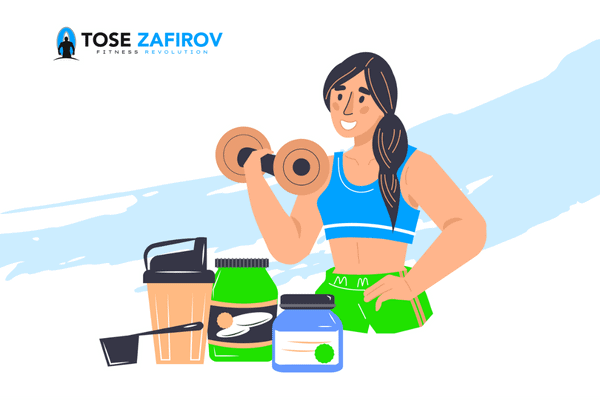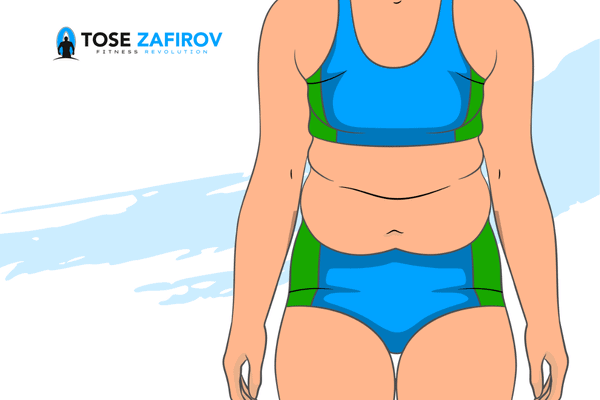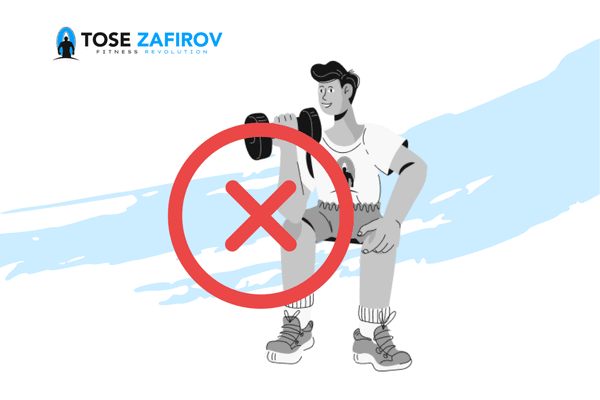It’s tempting to skip rest days when you’re in the zone and truly enjoy your exercises. After all, you’re making excellent progress, your energy is at an all-time high, and you leave every session humming. Increasing exercise must only be beneficial, right?
No, not always. Exercise is all about balance, much like other things in life. Even elite athletes arrange rest days and easy workouts into their weekly training regimens, so while it’s fantastic that you want to train harder and more frequently, time off is an essential component of any fitness plan.
In this article, you can learn what a rest day is, why you should take a rest day, what are the signs that you need to take a rest day, and what are the signs you are ready to work out again.
Key Takeaways:
- Regular rest is essential, and you must incorporate it into your weekly routine
- Rest days are good for recovery, preventing injuries, and healthy sleep
- There are many signs that you need a rest day that you should pay attention to
- You can follow the signs to know when you are ready to work out again
What Is A Rest Day?
Simply put, a rest day is a day off from your regular activity schedule, which might be planned or unforeseen. There is no specific amount of rest days you should take, and the frequency largely depends on your goals, training program, current level of fitness, and biological factors.
Note
A rest day is a break from your regular schedule, but that doesn’t mean you can’t be active while you’re on it. A rest day might consist of nothing more than lazing around on the sofa, or it could include physical rehabilitation exercises like foam rolling, yoga, jogging, or gentle riding. Moving around will promote blood flow, which can accelerate your body’s normal post-workout healing process.
Why Should You Take A Rest Day?
You get what a rest day is. But why would you need one? Here are the top five proven benefits of taking a rest day for beginners and seasoned professionals.
#1: Allows Time for Recovery
Rest is specifically necessary for the development of muscles. Your muscles experience small rips after exercise. However, fibroblast-type cells mend it while you’re sleeping. This promotes tissue growth and healing, which builds stronger muscles.
Additionally, glycogen, a kind of carb, is stored in your muscles. Your body uses the breakdown of glycogen to fuel exercise. Before your next workout, rest allows your body to restock these energy reserves.
#2: Aids in Preventing Injury
You’re more likely to have poor form, trip, or stumble while you’re exercising when your body and mind are worn out. You run the danger of overuse injuries as well because you put your body under continual stress and strain without giving it the time it needs to heal.
Skipping rest days might result in prolonged absences due to injury. So, ensure enough time for recovery if you don’t want to miss training for weeks or even months at a time.
#3: Prevents Overtraining
The overtraining syndrome can result from insufficient recuperation time and sleep. There are several negative effects of overtraining. It can affect your mood, diminish your libido, increase your risk of dehydration, and make you fatter.
Warning
About 60% of top athletes and 30% of non-elite endurance athletes are estimated to be affected by this illness. And once you have it, getting rid of it might be challenging.
Regular rest days are the easiest way to prevent it from happening. As the old saying goes, ‘prevention is better than cure,’ right?
#4: Helps You Overcome Adaptation
Our bodies adjust to stress from exercise and become more effective. It’s similar to learning any other new skill. It’s challenging at first, but eventually, it comes naturally. Once you’ve adjusted to one stress, you need more stress to keep moving forward.
However, the body can only withstand a certain amount of stress before malfunctioning and being injured. You can suffer muscle damage or injury if you perform too much work too rapidly. And if you work out too slowly or too little, you won’t progress.
Rest days allow you to relax after intense workout series and ‘reset’ your body for the next training. You can push your limits and progress while not burning your body.
#5: Facilitates Healthy Sleep
Regular exercise can help you sleep better, but having rest days is also beneficial.
Regular exercise increases cortisol and adrenaline, two chemicals that promote energy. However, it may also cause an overproduction of these hormones. It will be difficult for you to obtain good sleep, which will just make you feel more worn out and fatigued.
By giving your hormones time to return to their regular, balanced condition, rest can help you sleep better.
7 Signs You Need A Rest Day
When deciding whether or not to take a rest day, there are seven important signs to watch out for.
- Muscle aches – Although it’s natural to feel sore after activity, continuing aches are a warning sign. It indicates that your muscles are still sore from earlier workouts.
- Pain – Muscle or joint discomfort that doesn’t go away might be an overuse injury.
- Fatigue – Be aware of total tiredness. Allow your body to rest if you feel exhausted.
- Failure to finish an exercise routine – You may fail to complete the daily exercise routine because you don’t have the strength or energy.
- Emotional shifts – Hormones such as serotonin and cortisol fall out of balance when you’re physically exhausted. Mood swings, impatience, and other changes are possible as a result.
- Sleeping issues – Cortisol and adrenaline levels that are too high might interfere with getting a good night’s sleep.
- Low efficiency – Decrease in the workout’s positive benefits, such as a slower pace of muscle building or fat reduction.
Signs You Are Ready To Work Out Again
Sometimes all you require is one day of relaxation. Other times, you could require a few days’ worth of time off – or more. So how can you decide how much rest is sufficient?
The solution is easy: Pay attention to your body and brain. Go ahead and work out after you feel like you’ve returned to your baseline level of “normal,” which includes any significant soreness, discomfort, or injury having subsided, feeling hydrated and healthy, and genuinely wanting to.
Just keep in mind that rest days should not be an uncommon occurrence in your fitness program when you resume your usual activities.
Summary
Regular rest is essential for athletes of all skill levels. It’s beneficial for overall performance, muscular recovery, and minimizing fatigue. You’re less likely to succeed in reaching your initial goals if you don’t take enough rest. And the smartest thing you can do for fitness achievement is to give your body some rest.
It would be best to do low-impact exercises like yoga and to walk to get the most out of your rest day; these pursuits will enable you to keep active while your body heals.


